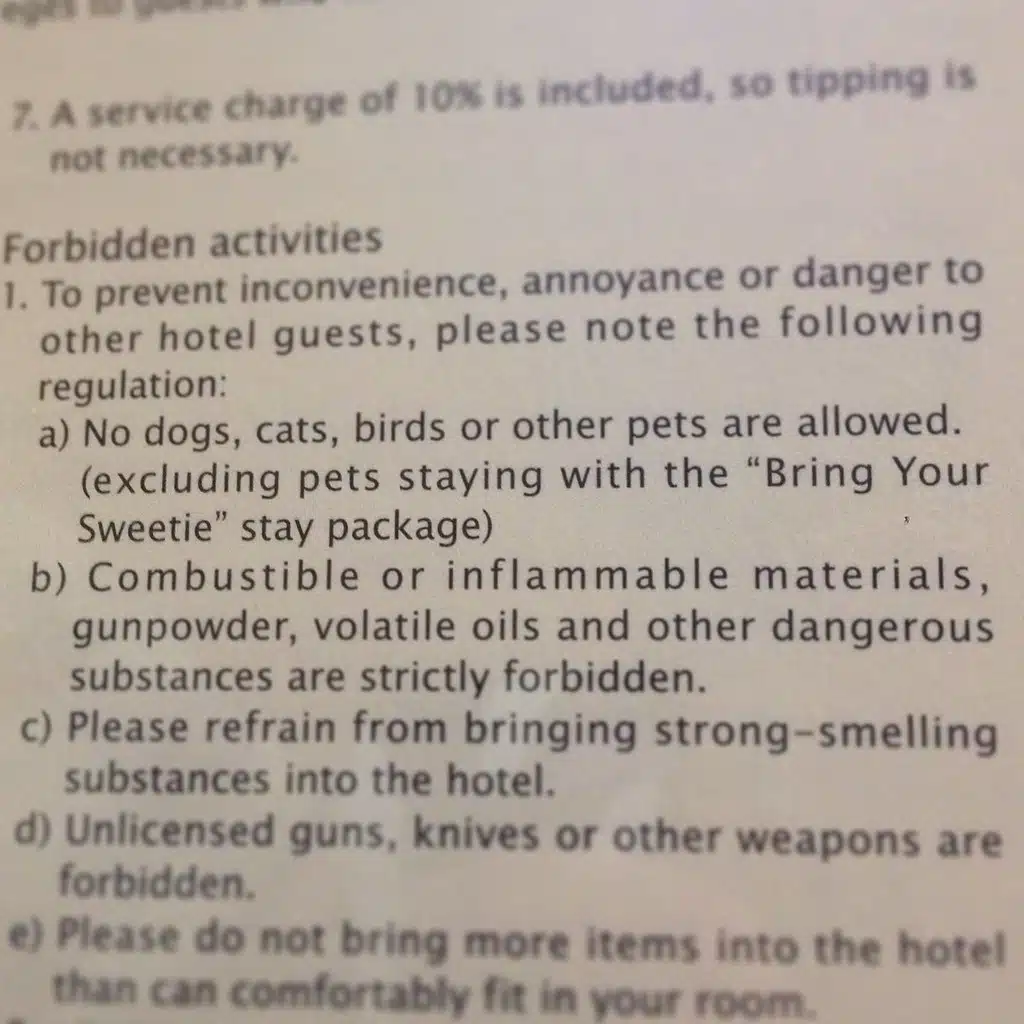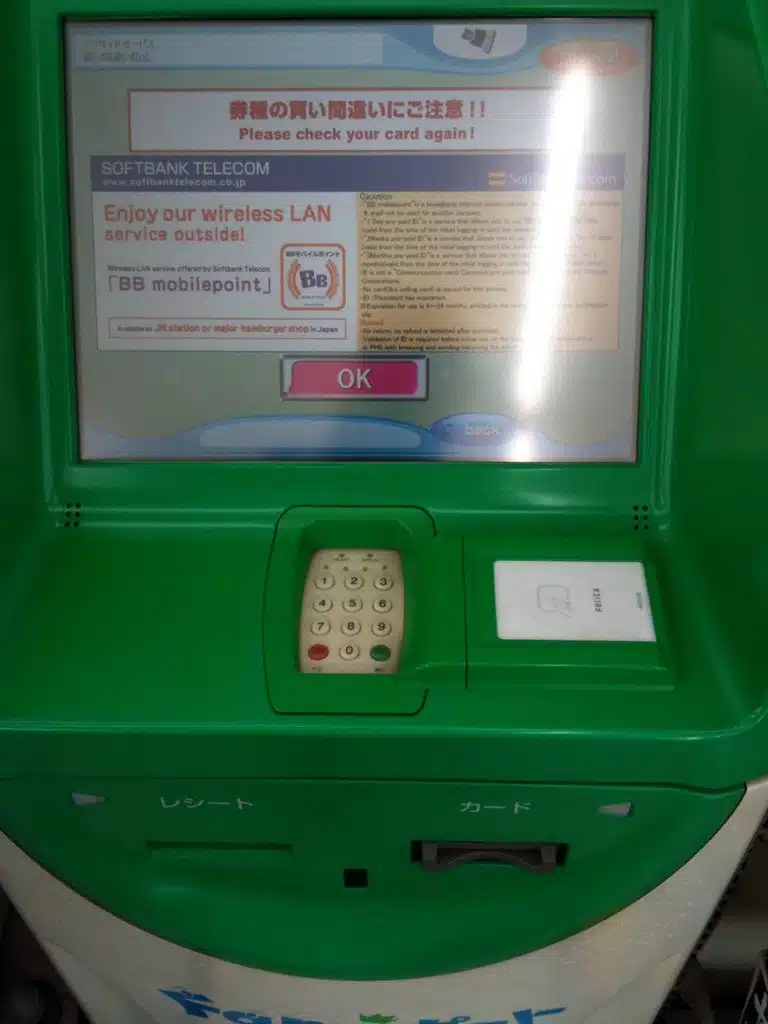Posted inQuestion about Japan
Is tipping necessary in Japan?
This article explores the cultural nuances of tipping in Japan. It explains that while tipping is not necessary nor expected by most people living and working within Japanese culture, there are some exceptions where it may be considered appropriate depending on the situation. Tips should be kept minimal (no more than 1000 yen) and never exceed 10% of the total bill amount regardless of how satisfied you were with the service provided.




